Is a resurfacing peel good for your skin?
This type of peel works by using a controlled microdamage – similar to skin needling or microneedling – which promotes cell turnover and renewal.
This effectively causes a rejuvenation of the complexion, wherein the skin is prompted to rid itself of deeply set hyperpigmentation and damage, through this transformative and refreshing process.
Controlled microdamage also kickstarts the skin into doing other beneficial things, such as producing new collagen and elastin.
Are resurfacing peels painful?
There is no need for pain relief or numbing cream to have this treatment, and most people find this peel comfortable enough. Because the peel doesn’t use chemical exfoliation, the skin renewal process is prompted by physical exfoliation, which can feel a little coarse or rough for just a few minutes.
The sensation of the peel’s grainy exfoliant paste can be somewhat uncomfortable as it’s massaged into the skin by your therapist. The longest this might last is 10 minutes, and some patients require only a couple of minutes per section.
After your peel, you will notice that your facial skin feels tingly and sensitive to the touch, quite like the sensation of little fibreglass-like prickles just beneath the skin’s surface. You may feel this sensation for the rest of the day after your peel, and it should subside within 24–48 hours.
This mildly prickly sensation is a positive sign that the peel has successfully reached the deeper layers of the dermis and can work its magic in triggering the healing response that helps your skin to shift and shed pigmentation.
How long does The Resurfacing Peel last?
The effects of this peel may not be seen immediately; the regenerative process takes around 4-6 weeks to complete, and after this period you can start to see the rejuvenating results of your peel.
These results will last until your skin naturally accumulates future pigmentation, whether that’s through environmental exposure such as UV damage, or other factors such as hormones, genetics, or heat exacerbation.
Your therapist will assess the outcome of your peel and can provide recommendation for your treatment plan, possibly advising further rounds of treatment to reach your goal result. They may also recommend an occasional maintenance treatment to keep the development of new hyperpigmentation at bay.
Do I need to do anything to prepare for my treatment?
Your therapist will highly likely recommend that you begin the daily application of a pigment-inhibiting product four weeks prior to your peel appointment.
This product works to minimise the production of melanin in the area where it’s applied, therefore supporting your journey to decreasing hyperpigmentation, which is caused by a surplus of melanin.
You will also be advised not to use any skincare products containing active ingredients such as AHAs or BHAs for two weeks prior to your peel appointment, as these can sensitise your skin and leave it more vulnerable.
You can incorporate a skincare product that helps to strengthen your skin’s barrier if you are concerned about the peel’s effect on delicate skin.
Ask your treating Skin & Laser Therapist during your consultation appointment for their recommended skincare regimen for pre- and post-treatment, personalised to your skin.
What other treatments are effective at treating pigmentation?
We offer a range of hyperpigmentation treatments in Sydney and Brisbane that combat hyperpigmentation, discolouration, acne scarring or uneven skin tone. We have a choice of topical facial treatments such as The Pigment Correct Peel, Cosmelan, and Dermamelan, as well as laser therapy with Q-Switch Laser.
It’s vital that you come to the clinic for a thorough consultation with one of our Skin & Laser Therapists. This is so your skin can be accurately assessed, and your therapist can therefore determine the best treatment option for your skin and desired outcome.
How many treatments should I have?
Depending on the condition of your skin and the severity and nature of your pigmentation, your dermal therapist may recommend a short course of treatments.
As an example, this could look like one peel every 4–6 weeks, for a total of around 6–8 treatments.
However, your therapist will tailor this to your specific concerns and will advise the correct quantity and frequency of treatments required to achieve your ideal outcome.
It’s also worth noting that some patients achieve excellent results with only one treatment.

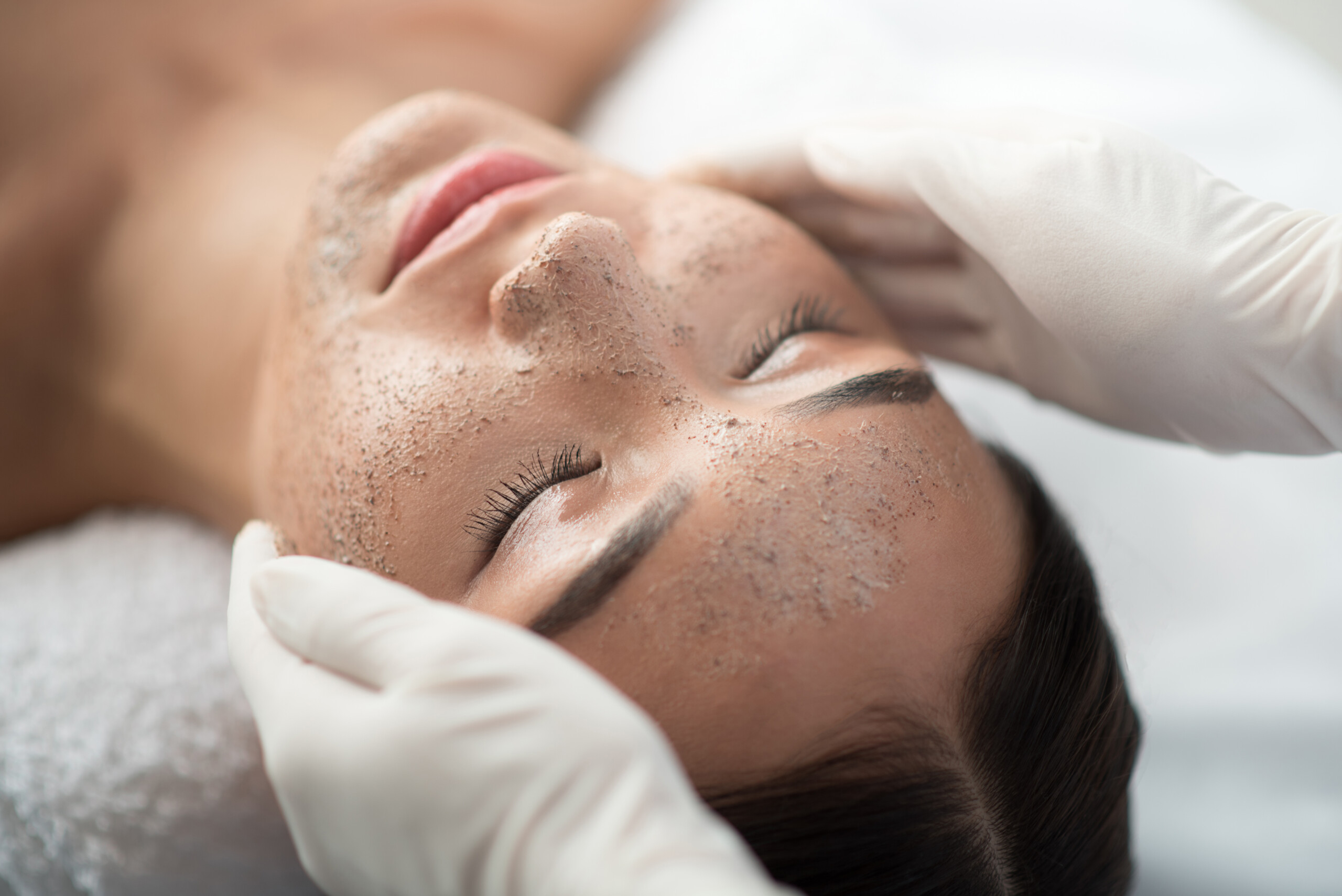

























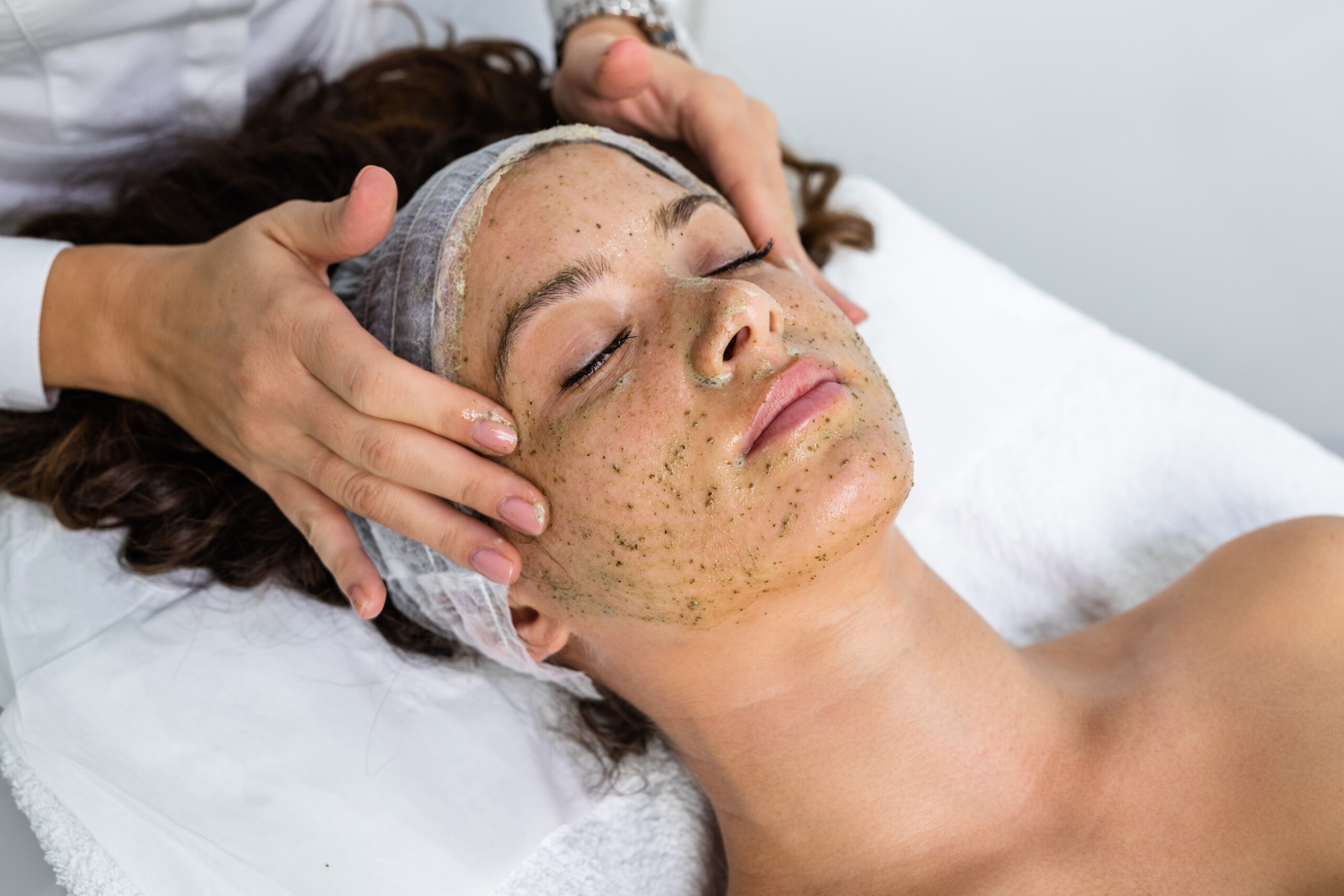
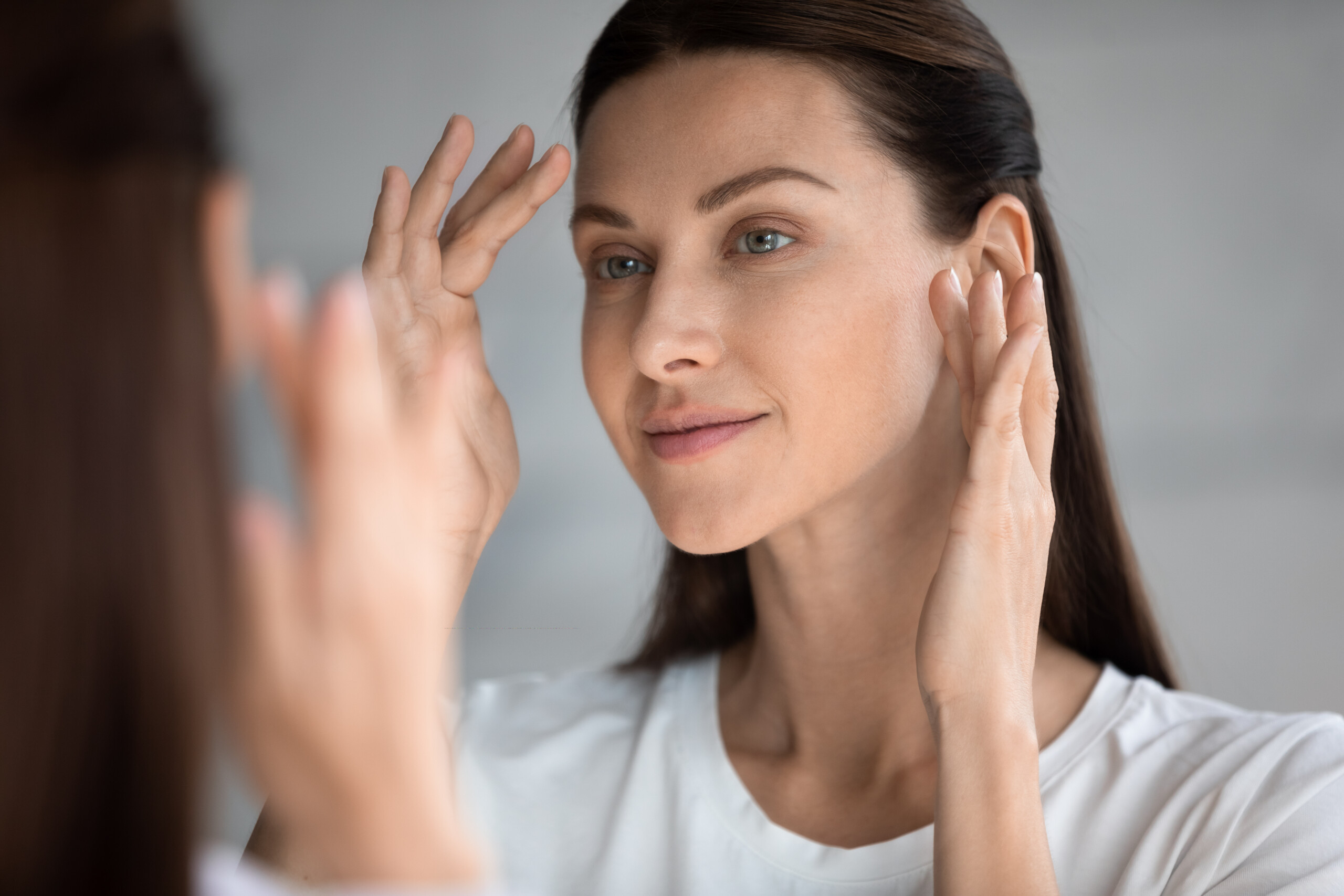
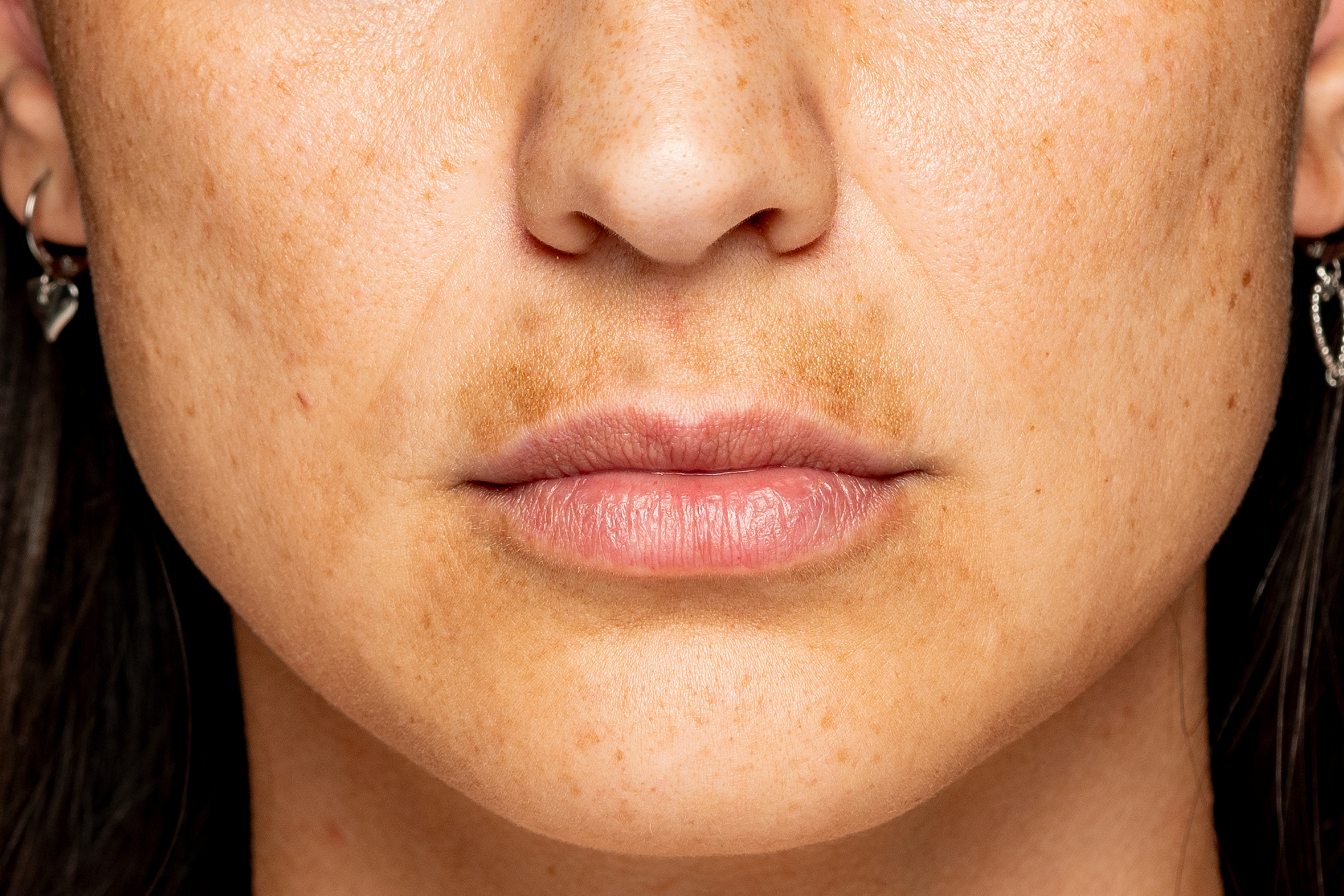
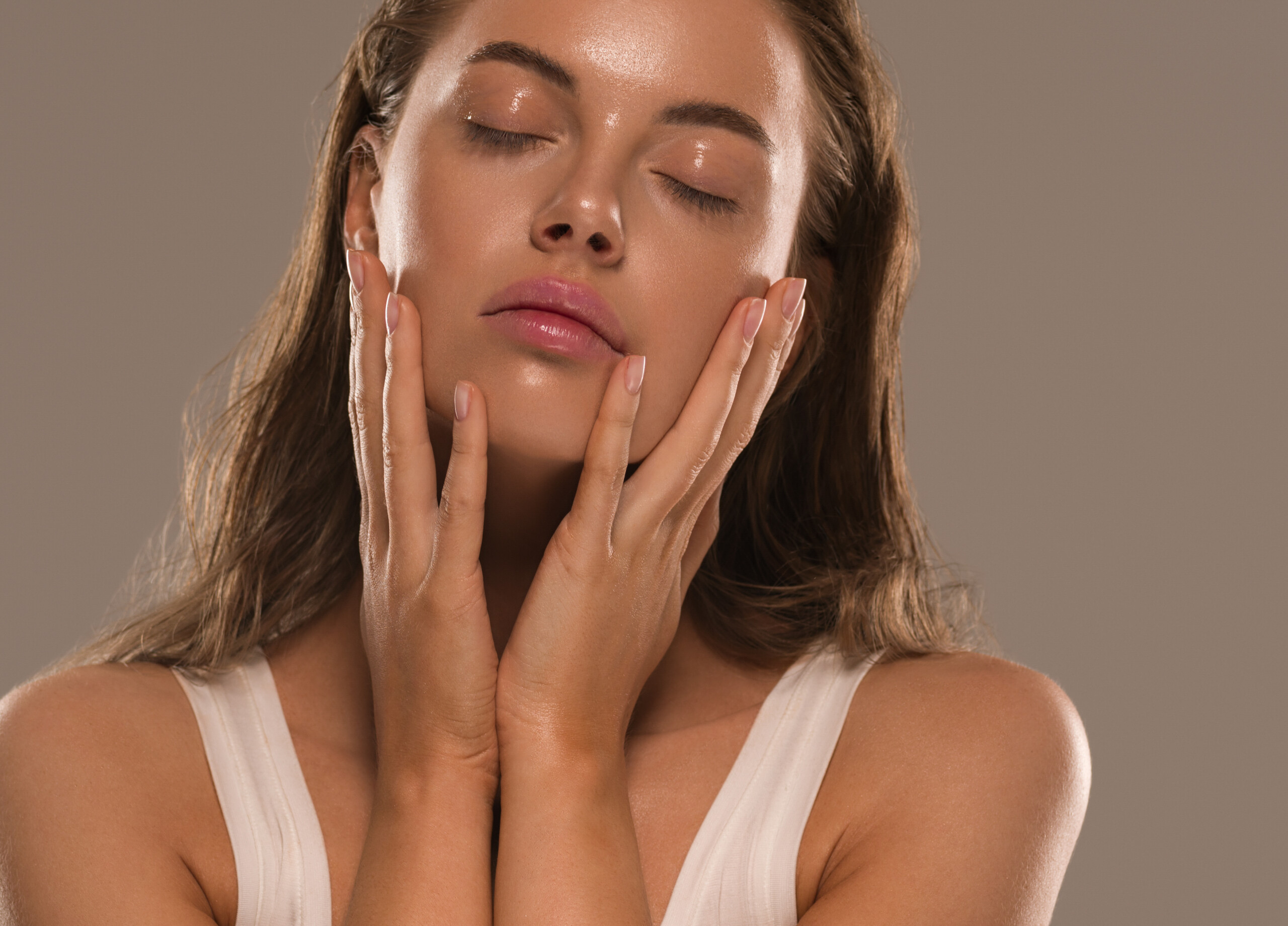




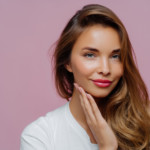 Face + Neck
Face + Neck  Body
Body 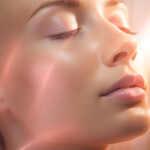 Laser
Laser  Skin
Skin  Concerns
Concerns